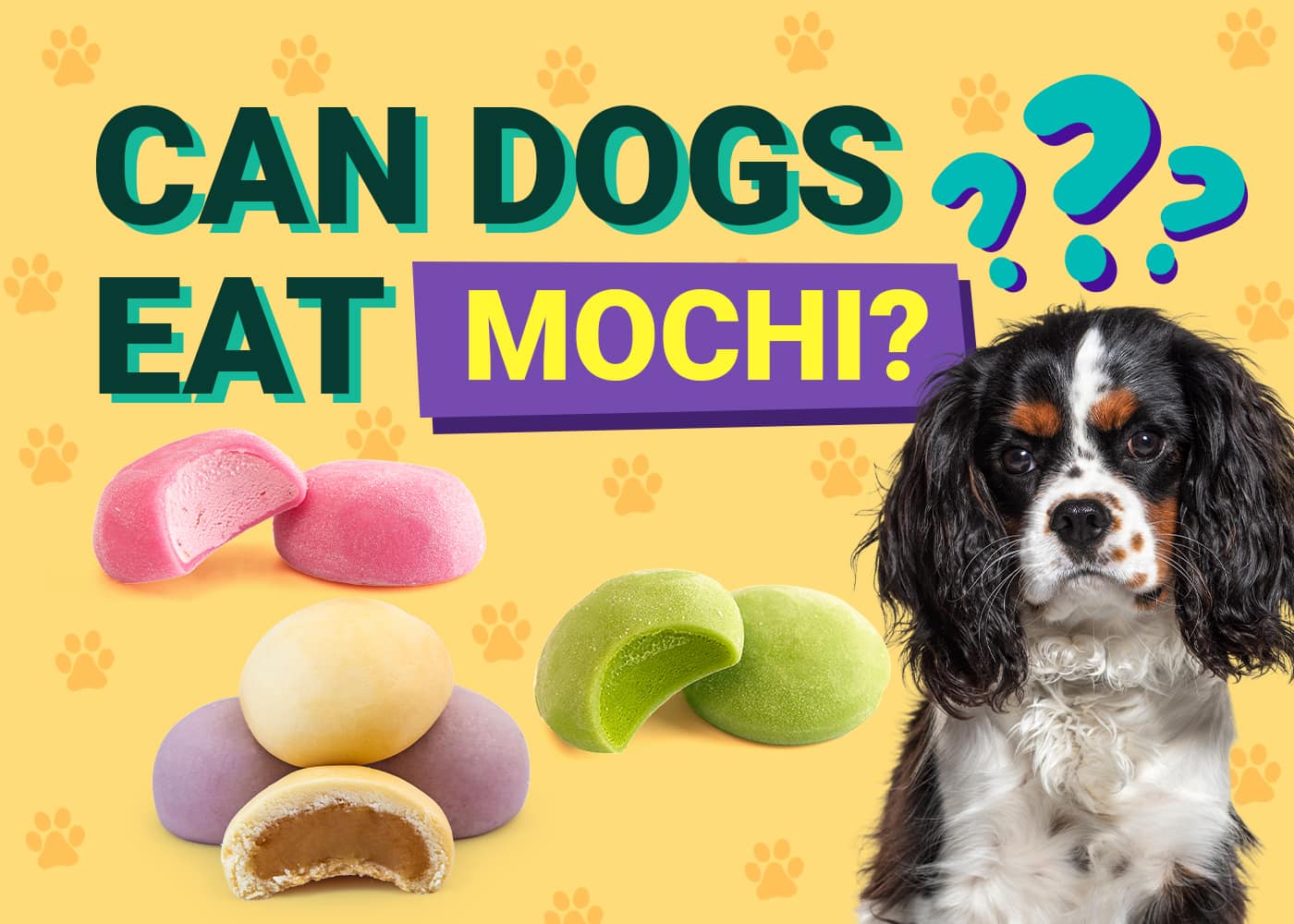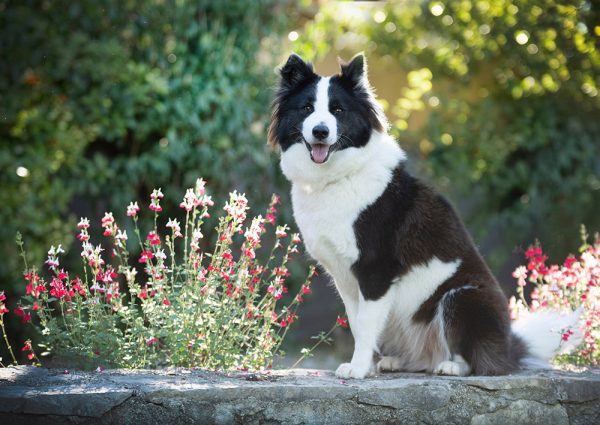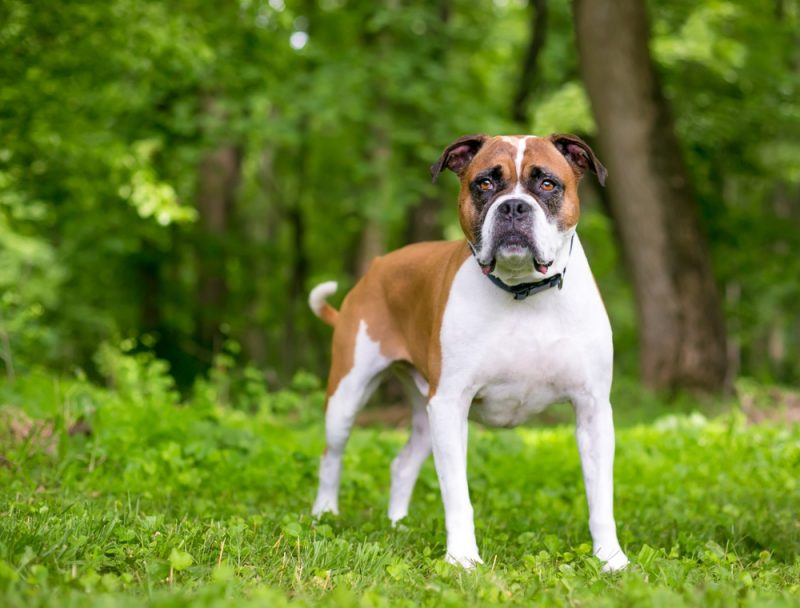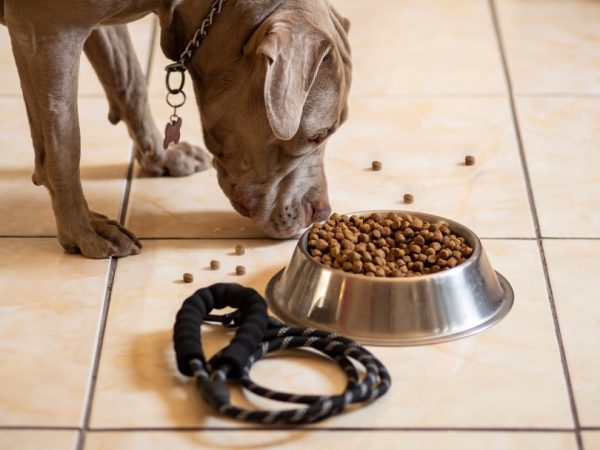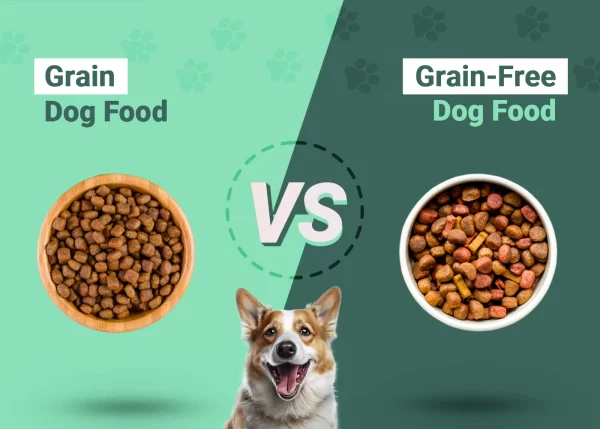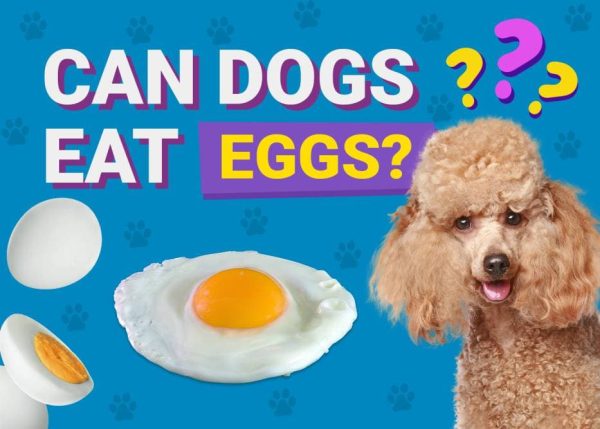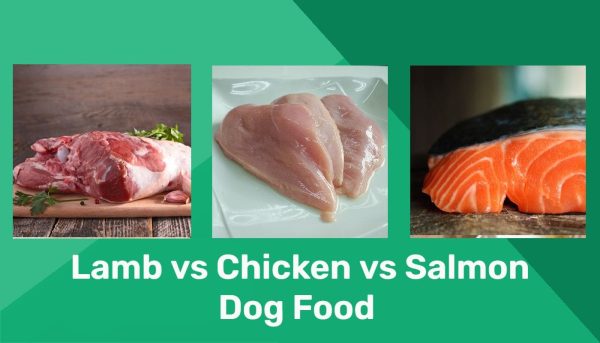In this article
View 2 More +Dogs don’t stop to think about whether or not they should eat something, so it’s up to us as dog owners to do the thinking for them. If you’ve made mochi and you’re wondering if your dog can have any, it is best to keep it away from them.
Mochi is a tasty human treat but is bad for dogs and can cause various problems. The high sugar content provides no beneficial nutrition for your pup, and many of the common ingredients make mochi difficult for dogs to digest. Plus, the round shape of the mochi could be a choking hazard for your dog. If you want to learn more about mochi and why it is bad for your dog, this article will examine the various types and why other treats are better for your favorite canine.

What to Do if Your Dog Has Eaten Mochi
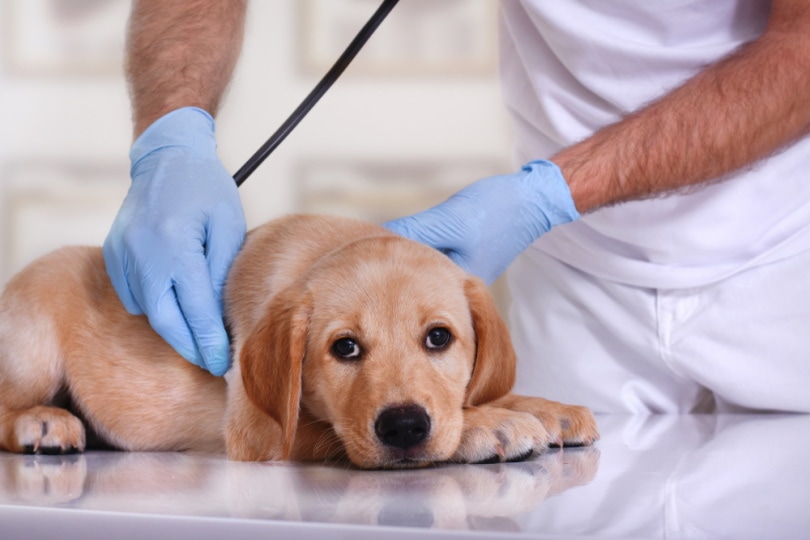
No matter how hard pet owners try, accidents can always happen. If your dog has eaten a bite of mochi, first consider the ingredients in the mochi. If ingredients such as green tea powder or red bean paste are included, reach out to your vet for advice.
If the sugar content is the worst of the ingredients, your dog would most likely be fine. At worst, he may suffer from gastrointestinal upset before recovering from his ill-advised snack. If your dog does not seem to be recovering, consult your vet to see what you can do to settle his stomach.
What Is Mochi? What Is in it?
Mochi is a Japanese dessert. It is a rice cake with a gummy, flexible dough that is made by beating whole rice grains or glutinous rice. Mochi can come in several colors and flavors depending on the ingredients used. It is often seen in a round, spherical shape with a tasty paste inside.
Due to the sticky texture, mochi can be a choking hazard if swallowed whole. For this reason, mochi is meant to be bitten into rather than swallowed.

Ingredients in Typical Mochi
Although there are many types of mochi, there are a few ingredients they share. Common ingredients include:
- Sweet rice flour
- Sugar
- Adzuki beans
- Salt
- Flavored dusting
Different Types of Mochi
The variations of mochi are practically endless, but there are a few popular varieties.
- Daifuku: This is one of the most common mochis. It is round, filled with a sweet bean paste, and served cold.
- Sakura: This mochi is round in shape but lumpier than the daifuku. That is because it contains whole rice grains. It is often served with a salted Sakura leaf.
- Hishimochi: This unique mochi is shaped to resemble a diamond and is served in colorful layers.

How Do Typical Mochi Ingredients Impact Dogs?

Although mochi is a pleasant treat for you, it is not so pleasant for your dog. Some common ingredients in mochi do not sit well on a canine’s stomach. Down below, we have listed some of those ingredients as well as what effect they have on your dog.
1. Sweetened Red Bean Paste
If you’re wondering if dogs can eat red bean paste. Adzuki beans contain oxalates that can be harmful to your dog. Sweetened red bean paste is made with adzuki beans, sugar, and salt. The sugar content is too high for dogs, and it can cause gastrointestinal upset.
For these reasons, dogs should not be allowed to eat sweetened red bean paste.
2. Sweet Rice Flour
Sweet rice flour can be safe for your dog in small amounts, although it is still not the most wholesome source of nutrition. However, sweet rice flour can still cause problems for your dog, so it is best to avoid it regardless of whether or not your dog can safely eat it.
This flour makes mochi gummy. If your dog swallows a mochi whole, the sticky exterior can pose a choking threat. If your dog is allergic to grain-based flour or starches, do not feed him anything with sweet rice flour.
3. Green Tea Powder
Not all mochi will have green tea powder, but it is a common and problematic enough ingredient, so we included it. This powder is made from green tea leaves, which have caffeine. Caffeine is potentially dangerous for dogs.
If your dog consumes too much caffeine, he may suffer from caffeine toxicity. The effects of this can settle in as soon as 30 minutes after your dog consumes a caffeinated item. Some signs of caffeine toxicity include:
- Restlessness
- Agitation
- Panting
- Hyperactivity
- Vomiting
- Irregular heartbeat
- Tremors
- Seizures
If you believe that your dog is suffering from the effects of caffeine toxicity, take him to the vet immediately.
If you need to speak with a vet but can't get to one, head over to PangoVet. It's our online service where you can talk to a vet online and get the advice you need for your pet — all at an affordable price!
4. Sugar
Mochi often contains a significant amount of sugar, which we have already discussed is bad for dogs. Consistently eating more calories than they use up will lead to weight gain and eventually obesity. Since most of the core ingredients of mochi are risky for dogs, it is best to avoid feeding mochi to your dog altogether.

Final Thoughts
Mochi is not a treat for dogs, so keeping it out of your dog’s paws is in his best interest. The sugar and caffeine content in most mochi recipes is too high. No matter how much your dog may beg to try a taste, resist the temptation and give him a healthy, canine-friendly treat instead. In the end, your dog will be thankful for your good judgment.
Related Reads:
- Can Dogs Eat Rice Cakes? Vet Approved Facts and FAQs
- Can Dogs Eat Flan? Vet-Reviewed Potential Risks
